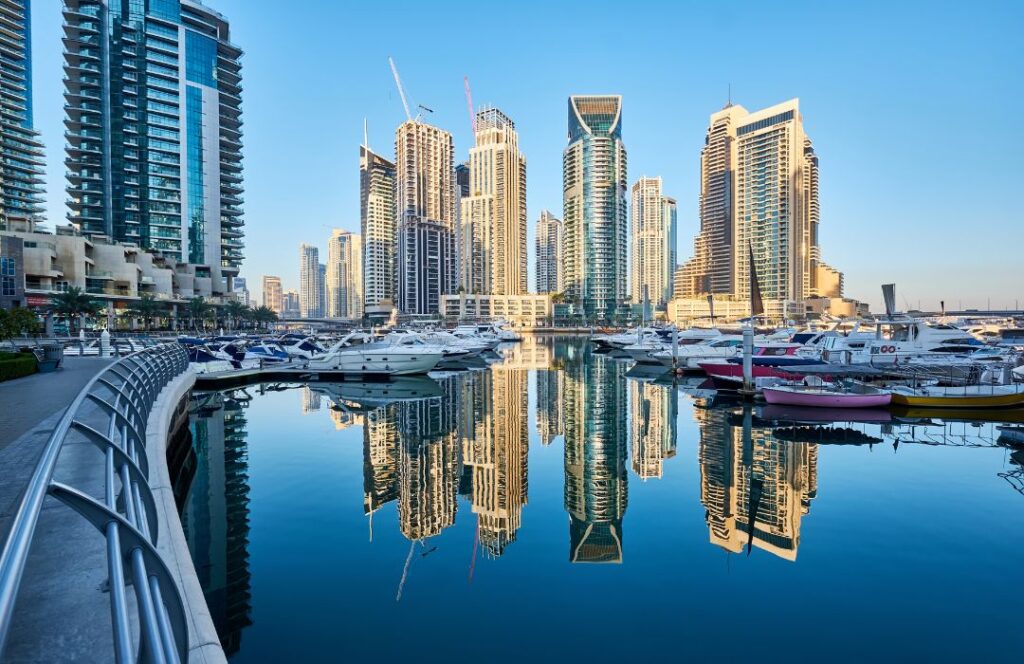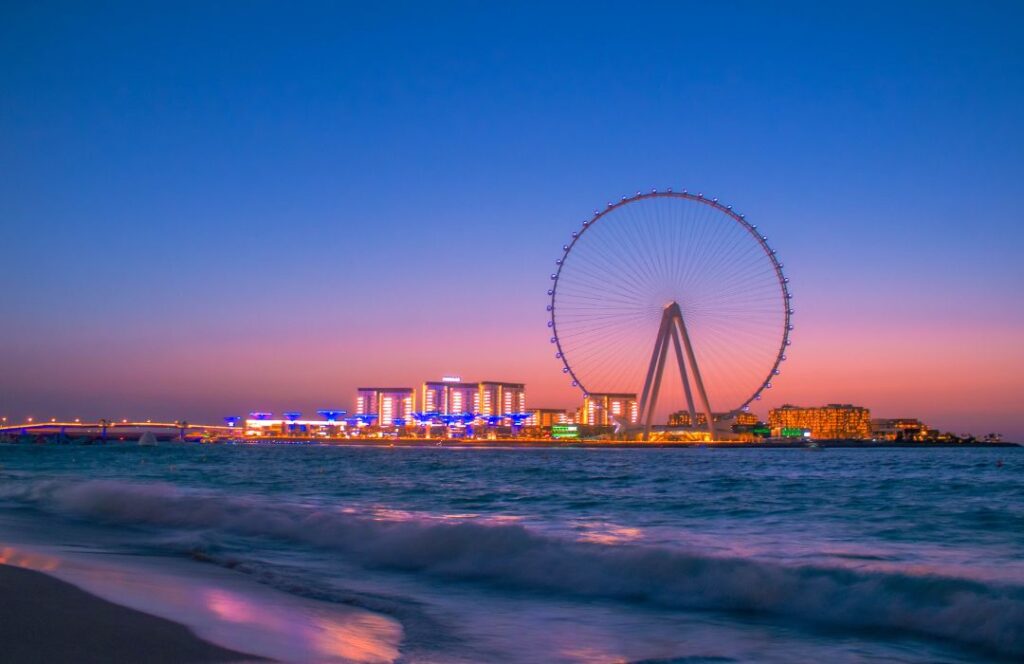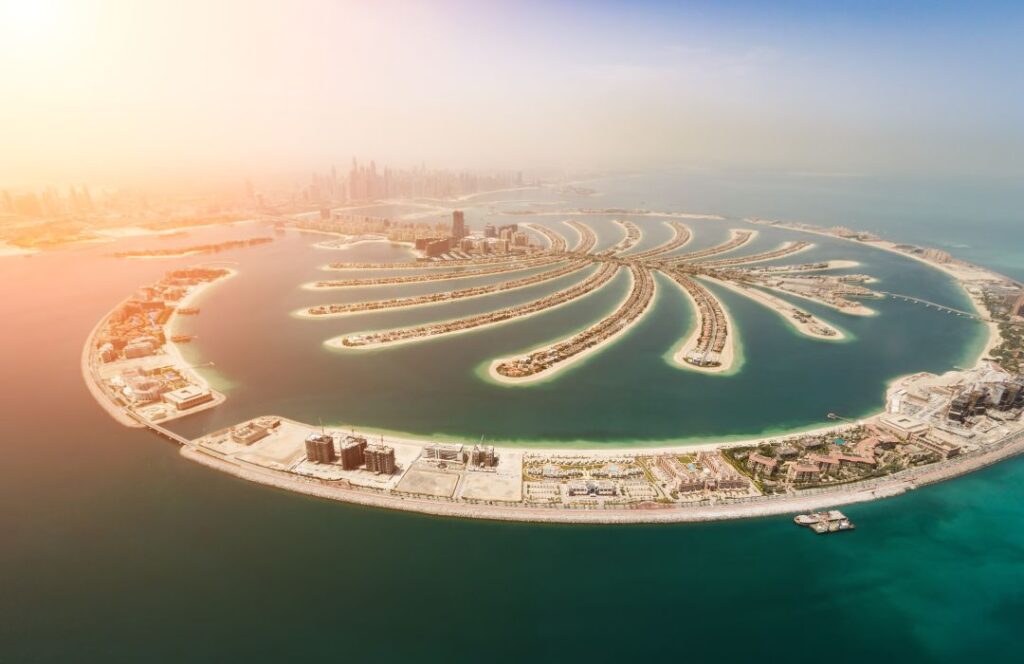Dubai’s real estate market has long been a magnet for international investors, thanks to its tax-free environment, strategic location, and luxurious lifestyle offerings. Since the groundbreaking decision in 2002 to allow foreign property ownership, Dubai has continuously evolved its regulations to make the market more accessible and attractive. As of 2025, recent updates to property ownership laws have further simplified the process for foreigners, making Dubai one of the most investor-friendly real estate markets globally. This blog dives deep into the latest property ownership laws for foreigners in Dubai, exploring eligibility, ownership types, key areas, visa benefits, and practical steps for a secure investment. Whether you’re an expatriate resident or a non-resident investor, this guide will equip you with everything you need to know to navigate Dubai’s booming property market.

Why Dubai’s Real Estate Market Attracts Foreign Investors
Dubai’s real estate sector is renowned for its transparency, high rental yields, and robust regulatory framework overseen by the Dubai Land Department (DLD) and the Real Estate Regulatory Agency (RERA). The city’s appeal is bolstered by:
- No Property Taxes: Dubai does not impose property taxes or taxes on rental income, maximizing returns for investors.
- High Rental Yields: Apartments in Dubai yield 6-8% annually, while villas offer 5-6%, significantly higher than many global cities like London or New York.
- Strategic Location: As a global hub for business and tourism, Dubai attracts a diverse population, ensuring consistent demand for properties.
- Luxury and Innovation: Iconic developments like Palm Jumeirah, Burj Khalifa, and Dubai Marina offer unparalleled lifestyle and investment opportunities.
Recent legislative updates have further enhanced Dubai’s appeal by streamlining processes and expanding opportunities for foreign buyers. Let’s explore the key aspects of these new laws.
Key Updates to Property Ownership Laws for Foreigners in 2025
Since the introduction of Law No. 7 of 2006, which allowed foreigners to own property in designated freehold areas, Dubai has progressively liberalized its real estate market. Recent updates in 2025 have introduced several significant changes:
- Expanded Freehold Zones: New areas, such as Sheikh Zayed Road (from Trade Centre roundabout to Dubai Canal) and Al Jaddaf, have been converted from leasehold to freehold, allowing foreigners to own both the property and the land outright.
- Simplified Visa Eligibility: Foreigners investing AED 750,000 (approx. USD 204,000) can now secure a 2-year residency visa, while investments of AED 2 million (approx. USD 545,000) qualify for a 10-year Golden Visa, with relaxed conditions for mortgaged properties.
- Digital Transactions: The DLD has enhanced its digital platforms, enabling faster property registration and ownership verification, making transactions more efficient for international buyers.
- Corporate Ownership: Companies based in the Dubai International Financial Centre (DIFC) can now own properties outside the free zone, a significant shift from previous restrictions on foreign companies.
These changes reflect Dubai’s commitment to attracting global investment while ensuring a transparent and secure market.

Types of Property Ownership for Foreigners
Foreigners in Dubai can choose from three primary types of property ownership, each with distinct rights and implications:
| Ownership Type | Description | Duration | Key Features |
|---|---|---|---|
| Freehold | Full ownership of the property and the land it stands on, with rights to sell, lease, or inherit without restrictions. | Indefinite | Available in designated freehold zones like Dubai Marina, Downtown Dubai, and Palm Jumeirah. Ideal for long-term investment. |
| Leasehold | Ownership of the property for a fixed period, but not the land. Requires approval from the freehold owner for modifications. | Up to 99 years | More affordable than freehold, available in areas like Dubai Silicon Oasis. Ownership reverts to the landowner at the end of the lease. |
| Usufruct | Right to use and benefit from the property without altering its structure. | Up to 99 years | Common in Sharjah and some Dubai areas. Offers long-term use without full ownership. |
- Freehold Ownership: Preferred by investors for its permanence and flexibility. Foreigners can own 100% of the property and land in over 50 designated freehold zones, including Business Bay, Jumeirah Village Circle (JVC), and Dubai Hills Estate.
- Leasehold Ownership: Suitable for those seeking long-term residence without full ownership. Leaseholders can renew contracts but have limited control over structural changes.
- Usufruct Contracts: Less common but useful for specific investment strategies, allowing foreigners to use properties for up to 99 years without ownership of the land.

Designated Freehold Areas for Foreign Ownership
Foreigners can only purchase freehold properties in designated areas, which are periodically updated by the Ruler of Dubai. As of 2025, some of the most popular freehold zones include:
- Dubai Marina: Known for its waterfront properties and vibrant lifestyle, with 1-bedroom apartments starting at AED 800,000.
- Downtown Dubai: Home to Burj Khalifa, offering luxury apartments with starting prices around AED 1.1 million for a 1-bedroom unit.
- Palm Jumeirah: Iconic man-made island with luxury villas and apartments, ideal for high-end investors.
- Jumeirah Village Circle (JVC): A family-friendly community with affordable properties, such as townhouses starting at AED 1.25 million.
- Business Bay: A commercial hub with a mix of residential and commercial properties, starting at AED 900,000 for a 1-bedroom apartment.
- Sheikh Zayed Road and Al Jaddaf: Newly designated freehold areas, offering fresh opportunities for investors.
These areas cater to a wide range of budgets and preferences, from affordable apartments to luxury villas.
Residency Visa Benefits for Property Investors
One of the most attractive aspects of investing in Dubai’s real estate is the opportunity to secure residency visas. The 2025 updates have made these visas more accessible:
| Investment Amount | Visa Type | Duration | Eligibility |
|---|---|---|---|
| AED 750,000+ (USD 204,000) | Property Investor Visa | 2 years (renewable) | Property must be in a freehold zone, fully paid or with at least 50% equity if mortgaged. Can sponsor spouse and children. |
| AED 2 million+ (USD 545,000) | Golden Visa | 10 years (renewable) | No sponsor required. Can sponsor spouse, children, dependent parents, and household workers. Allows absence from UAE for over 6 months. |
- Key Benefits:
- No need for a local sponsor, unlike other residency visas.
- Access to business and educational opportunities for visa holders and their families.
- Visa-free travel within the UAE and easier access to GCC countries.
- Important Notes:
- The property must be in a freehold zone and free from significant mortgages (less than 50% of the property value).
- Investors must provide a title deed, valid passport, and purchase agreement to support visa applications.
Legal Process for Buying Property as a Foreigner
The process of purchasing property in Dubai is straightforward but requires careful attention to legal requirements. Here’s a step-by-step guide:
- Research and Select a Property:
- Work with RERA-licensed brokers to explore properties in freehold zones.
- Conduct due diligence on the developer’s track record and property documentation.
- Sign a Memorandum of Understanding (MOU):
- Draft and sign a Sale and Purchase Agreement (Form F) with the seller, outlining terms like price and payment methods.
- Sign in the presence of a witness, preferably at the Registration Trustee’s office.
- Pay a Security Deposit:
- Pay a 10% deposit to the Registration Trustee, refundable upon transaction completion.
- Obtain a No Objection Certificate (NOC):
- The seller must secure an NOC from the developer, confirming no outstanding dues.
- Register with the Dubai Land Department:
- Finalize the ownership transfer at the DLD’s Registrar’s office.
- Pay a 4% transfer fee (typically split between buyer and seller, though buyers often cover it fully).
- Receive the title deed, confirming legal ownership.
- Arrange Financing (if applicable):
- Foreigners can apply for mortgages from UAE banks, though options may be limited for non-residents. A minimum monthly income of AED 15,000 is often required.
- Required Documents:
- Valid passport and visa (if applicable).
- Sale and Purchase Agreement (Form F).
- No Objection Certificate (NOC).
- Proof of payment (receipts or cheques).
- Mortgage documentation (if applicable).
Costs and Fees Associated with Property Purchase
Buying property in Dubai involves several costs beyond the purchase price. Here’s a breakdown:
| Cost Type | Details | Estimated Amount |
|---|---|---|
| DLD Transfer Fee | 4% of the property’s purchase price, payable to the DLD. | AED 40,000 for a AED 1 million property |
| Agency Fees | Typically 2% of the property value, plus 5% VAT. | AED 21,000 for a AED 1 million property |
| Down Payment | Required for mortgages, usually 15-35% of the property value. | AED 150,000–350,000 for a AED 1 million property |
| Admin Fees | Miscellaneous fees for registration and trustee services. | AED 580–5,000 |
- No Property Taxes: Unlike many countries, Dubai imposes no annual property taxes or taxes on rental income, making it highly attractive for investors.
- Hidden Costs to Avoid:
- Overpaying due to lack of market research. Use tools like the DLD Price Index to verify prices.
- Unverified agents charging “under-the-table” fees. Always work with RERA-approved brokers.
Challenges and Tips for Foreign Investors
While Dubai’s real estate market is investor-friendly, foreigners should be aware of potential challenges:
- Understanding Ownership Types: Confusing freehold with leasehold can affect long-term investment value. Always verify the ownership type before purchasing.
- Dispute Resolution: Property disputes, especially rental issues, can be time-consuming. Attempt amicable resolution before escalating to RERA or the Rental Dispute Settlement Centre (RDSC).
- Inheritance Laws: Without a legal will, inheritance can be complex for non-UAE nationals. Consult a lawyer to draft a will that aligns with Dubai’s regulations.
Tips for Success:
- Engage a real estate lawyer to review contracts and ensure compliance.
- Use RERA-certified brokers for reliable market insights and property selection.
- Verify the developer’s registration with RERA, especially for off-plan properties.
- Consider appointing a Power of Attorney (POA) if you’re unable to be physically present for transactions.
Why Invest in Dubai’s Real Estate in 2025?
The 2025 updates to Dubai’s property ownership laws have made it easier than ever for foreigners to invest. Here’s why now is the perfect time:
- Market Growth: Dubai’s real estate market saw 31,920 transactions worth AED 147 billion in Q4 2023, indicating strong investor confidence.
- Visa Incentives: The expanded visa programs provide long-term residency options, enhancing Dubai’s appeal for families and professionals.
- Diverse Options: From affordable apartments in JVC to luxury villas in Palm Jumeirah, Dubai offers properties for every budget.
- Global Appeal: The city’s tax-free environment, high rental yields, and world-class infrastructure make it a top choice for international investors.
Conclusion
Dubai’s real estate market continues to evolve, with the 2025 property ownership laws for foreigners offering unprecedented opportunities for investment and residency. By understanding the types of ownership, designated freehold zones, legal processes, and associated costs, foreign buyers can make informed decisions and maximize their returns. Whether you’re seeking a luxury villa, a high-yield apartment, or a long-term residency visa, Dubai’s transparent and dynamic market has something for everyone. Start your journey by consulting RERA-licensed brokers and legal advisors to ensure a smooth and secure investment experience. With its blend of innovation, luxury, and investor-friendly policies, Dubai remains a global leader in real estate investment.
For more information, visit the Dubai Land Department or contact RERA-approved real estate professionals to begin your investment journey today






Comments